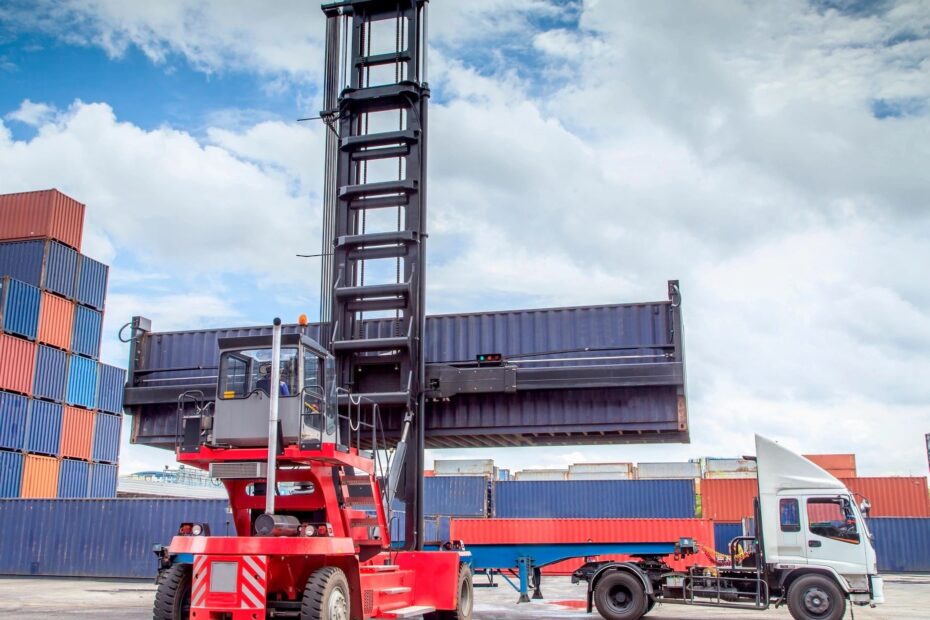In Texas alone, approximately 1,200 trucking accidents are the result of unsecured cargo loads each year. Unsecured load accidents all look different and can involve various types of cargo, ranging from logs to water tanks to gas tanks. They can occur when a falling object strikes a vehicle, when a vehicle hits a fallen object or when a vehicle gets into an accident when trying to avoid a fallen object.
Despite how an unsecured load accident occurs, the end result is almost always the same: a devastating accident, severely injured travelers and costly damages. Victims and their families may wonder if they can file a lawsuit for damages. While this answer almost always boils down to negligence in personal injury cases, in cases involving unsecured truck loads, it is generally yes. This is due to the theory of negligence per se.
The basics of negligence per se
According to the Legal Information Institute, negligence per se means negligence in and of itself. In a torts case, this theory applies when the defendant breached his or her duty of care by violating a regulation or statute without excuse. When this occurs, all the plaintiff must prove is that the proximate cause of his or her injuries was the violation. However, for negligence per se to apply, the purpose of the statute in question must be to prevent the very type of accident that occurred. Moreover, the plaintiff must be a person that the statute was designed to protect.
The General Cargo rule
The Federal Carrier Motor Safety Administration has several cargo rules by which truckers must abide. However, it does have a General Rule that leaves no room for interpretation. Per the General Rule, truckers must firm secure or immobile cargo within or on a vehicle via restraints of adequate strength. Those may include structures, dunnage bags (inflatable bags that fill the spaces between cargo and/or the cargo and the vehicle walls), dunnage (loose material truckers use to protect or support cargo), tiedowns, shoring bars or a combination of each of these. Failure to secure cargo adequately is a violation of this rule, which means any accidents can result in a negligence per se torts claim.
